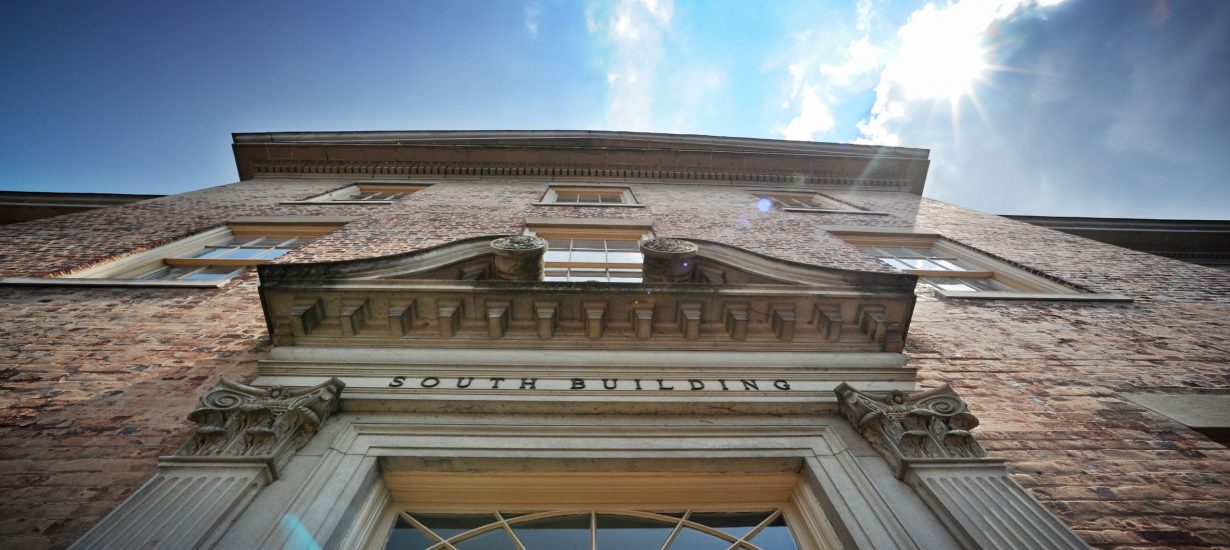- Membership
- Perks and Discounts
- Things To Do
- Resources
- News
- About
- Shop
Related Content
Beyond the Stars
May 3, 2024
Now in its 75th year, the Morehead Planetarium and Science Center reaches more students and...
Read MoreRJ Davis, Hubert Davis Claim Year-End Honors
March 12, 2024
This article was updated March 28, 2024. Senior point guard RJ Davis and head...
Read MoreNew Undergraduate Major for School of Data Science and Society
March 12, 2024
Beginning this fall, the School of Data Science and Society will launch its first undergraduate...
Read More-
2024
-
2023
-
2022
-
2021
-
2020
-
2019
-
2018
-
2017
-
2016
-
2015
-
2014
-
2013
-
2012
-
2011
-
2010
-
2009
-
2008
-
2007
-
2006
-
2005
-
2004
- Academics and Athletics
- Admissions
- Alumni Profiles
- Alumni Recognition
- Around Town
- Arts
- Books
- Campus Profile
- Campus Safety
- Carolina Alumni Awards
- Carolina Alumni Leadership
- Carolina Alumni Programs and Outreach
- Carolina Alumni Reunions
- Carolina Alumni Review
- Celebrations
- Championships
- College and Costs
- Commencement
- Coronavirus
- Discovery
- Extracurricular
- Faculty
- Faculty Awards
- For the People
- Go Heels
- Greek Life
- Hark the Sounds
- Higher Education
- Homecoming
- In Class
- In Memoriam
- Innovation and Technology
- Issues
- Object Lesson
- On View
- Our Treescape
- Philanthropy
- Podcast
- Public Service
- Race and Reckoning
- Research
- Sexual Assault
- Silent Sam
- Sports
- Structures
- Student Achievement
- Students
- Timelines
- Tuition and Financial Aid
- UNC Libraries
- UNC’s History
- Undergraduate Spotlight
- University Achievements
- University Awards
- University Budget Issues
- University Development
- University Leadership
- University News
- University Rankings
- What We Do
- Who We Are
- Young Alumni
- Yours at Carolina
Infractions Panel Chair Says UNC Hearing Set for August

The University and the NCAA are headed toward an August hearing on the sanctioning body’s allegations that UNC violated “issues that go to the core of the collegiate model” when it failed to recognize and stop a system of paper-only classes — and this time the chair of the body’s infractions committee says, “There will be no further delays.”
Seven letters between NCAA and UNC officials released by the University April 25 show that delays in the yearslong case have occurred recently, primarily amid efforts to get one of the principals in the paper class scheme, Deborah Crowder ’75, to talk to the NCAA. Facing a deadline for its response to the NCAA’s third notice of allegations in the case, UNC in early March asked for a two-week extension.
UNC was granted the extension. Its attorney, Richard Evrard of the Kansas-based Bond, Schoeneck & King, said the University has had no luck getting Crowder or her former boss, former chair of the then-department of African and Afro-American studies Julius Nyang’oro, to cooperate. The NCAA has fared at least somewhat better; in March, infractions committee Chair Greg Sankey wrote that Crowder had “expressed desire to potentially participate.”
Sankey later wrote that Crowder had “considered participating” in an April 10 interview to which all other parties agreed. It’s not known whether that interview took place. According to the NCAA’s bylaws, all infractions-related information is confidential throughout the process.
The NCAA also appears to have enlisted the cooperation of Jan Boxill, the former philosophy lecturer and department chair who the NCAA has accused of knowingly providing improper academic help to athletes.
The timetable now is as follows: UNC was to have responded to the notice of allegations by March 20, and the NCAA’s enforcement staff is scheduled to submit a written reply by May 12. A hearing will be scheduled for mid-August.
In an April 14 letter to all parties, Sankey, who is commissioner of the Southeastern Conference, lashed out at critics who had suggested he should not be chair of the infractions committee in a case involving a school from a rival conference. He stated that peer review had been the NCAA’s norm for 60 years and that it was incorrect to suggest he had “directed the enforcement staff to change allegations” or that “the panel is somehow conflicted.”
That same letter included the statement that there would be no more delays.
© 2024 Carolina Alumni
